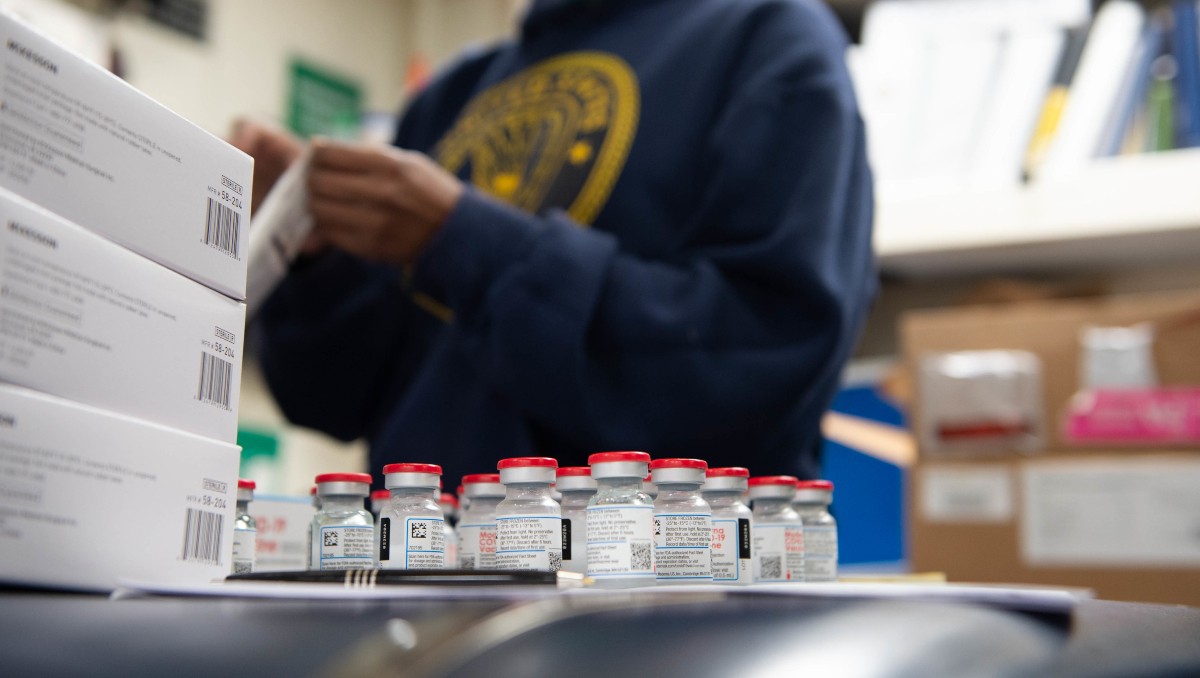Health
FDA: New Warnings on Delayed Side Effects of Pfizer, Moderna vaccines

WHAT YOU NEED TO KNOW:
- FDA adds warning about rare heart inflammation to Pfizer and Moderna vaccines.
- These delayed side effects include myocarditis and pericarditis, which occur after the second dose.
- The CDC however assured that these cases are rare, treatable, and usually mild in nature.
The US Food and Drug Administration (FDA) releases additional delayed side effects of Pfizer and Moderna vaccines anew.
Both vaccine providers and recipients of said world-leading vaccines received new warnings on cases of heart inflammation called myocarditis (inflammation of the heart muscle) and pericarditis (inflammation of the lining outside the heart).
The Centers for Disease Control and Prevention (CDC) confirmed the “likely association” between myocarditis and pericarditis and the Pfizer and Moderna vaccines, which both use the mRNA technology.
These delayed symptoms tend to begin “within a few days after the second dose,” according to the FDA. They also encouraged Pfizer and Moderna vaccine recipients who have had history of myocarditis or pericarditis to tell their vaccination providers following the second dose.
The CDC however assured that these cases are rare, treatable, and usually mild in nature.
As with the other side effects established by the CDC and FDA, those who have been inoculated with Pfizer and Moderna should seek medical attention right away once they experience chest pain, shortness of breath, and feelings of having fast-beating, fluttering, or pounding heart.
CDC data shows that more than 1,200 cases of myocarditis and pericarditis have occurred in patients who were inoculated with Pfizer or Moderna vaccines. Most of these cases are more prominent among younger men between 16 and 39 years old after their second shot.
The American Heart Association (AHA) emphasized that there will be about 16 cases of myocarditis or pericarditis for every million second doses among this demographic, which accounts for 0.0016% – insignificantly low risk compared to the vaccines’ benefits.
CDC’s Advisory Committee on Immunization Practices (ACIP) affirmed this stand saying that such is an extremely rare side effect, and only an exceedingly small number of people will experience it after vaccination.
“Importantly, for the young people who do, most cases are mild, and individuals recover often on their own or with minimal treatment. In addition, we know that myocarditis and pericarditis are much more common if you get COVID-19, and the risks to the heart from COVID-19 infection can be more severe.”
Source: YAHOO News
